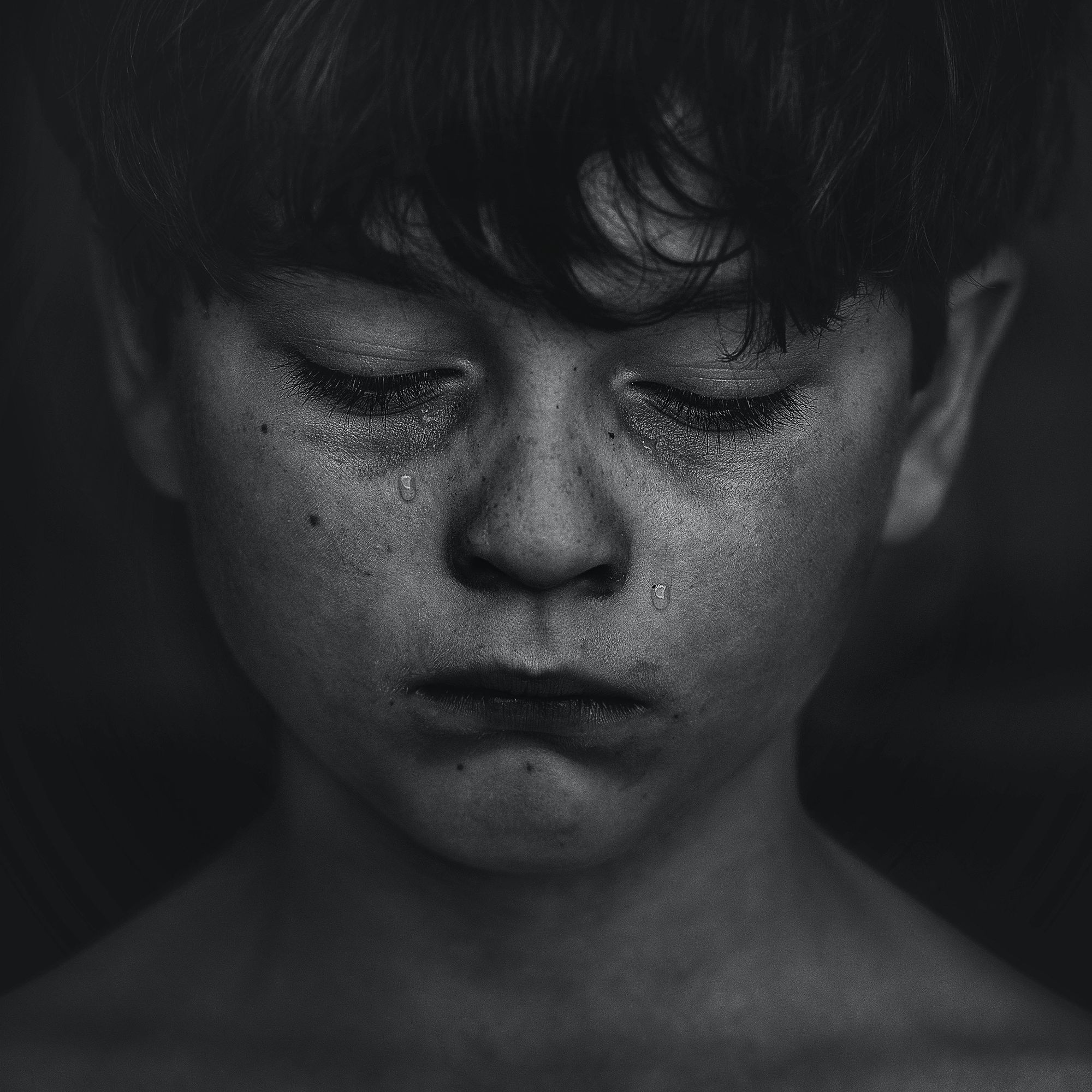The Intentions of Others


When we assume the intentions of another are bad we do them and ourselves a disservice.
Most of us, as mixed up and wounded as we are, have good intentions even if it's for self-protection. We can condemn behavior without condemning the person.
The truth is we can never really know the intentions of another person. We might project an intention but, in fact, we don't know. All we know is that we don't like the behavior. If we start with the premise that the behavior comes from a bad intention we are attacking a person's essential character, who they are. Dialog over.
I once had an employee who was upset with me and I asked her what we needed to do to rectify the situation. Her response: "It's just who you are." At this point, she was conveying that it wasn't just behavior that she took issue with but my whole being. Not something I can work with, is it? Aside from being hurtful at the time, it left me with no opportunity to find a conclusion that would work for both of us.
I see this kind of thinking playing out on both sides of the political arena and it's now becoming normalized in society as a whole, particularly on social media where otherwise kind and polite people allow the darkest sides of themselves to take over, mercilessly condemning people they don't even know.
Gossip arises because we are unwilling to put our big girl panties on and have that hard conversation. It's easier to complain about someone behind their back than to have an honest conversation.
If we start by taking the time to know what we want, and what the ask is, we can go to the other person and say what we need. That's a healthy, good-faith way to work out our problems with each other.

The Back Stories of Others
If we knew the back stories of others we would be able to summon up a little more charity. Everyone got there somehow, even the most destructive of people. We can absolutely condemn their behavior and at the same time, we can see them as fellow humans, just like us, who responded to a particular stress in a particular way and ended up sliding off the cliff of good behavior.
There is a man in my building who would show up at the HOA board meetings threatening all kinds of things including breaking down the door to the gym when it was closed due to COVID. He was menacing and frankly I was afraid of him. I complained about him to my neighbors. My story was that he was a bully. Not that he was behaving like a bully but that he was a bully.
Then I heard his back story. His stepfather was a cruel bully and beat him regularly when he was a child. Now anytime he feels that someone has control over him it feels to him like he's going to die. That's why he's behaving so badly.

Of course, he is still responsible for his behavior but knowing how he got there softened my stance toward him.
Letting go of judgment is part of the ongoing work of living a healthy and wise life. It's always easier to make someone wrong than to have a difficult conversation.
In Practice
Is there someone whose intentions or character you are condemning?
What behavior do you want to see instead? Can you ask for it?
Has there ever been a time when you learned something about someone's past that caused you to see them in a more charitable light?
Love,
Darcy
PS: I would love to hear your thoughts. Scroll to the top of this post, and click on 'view online' to leave a comment at the bottom.
Please share this post by viewing online and clicking the icons at the top of the post or sharing it with a friend.
